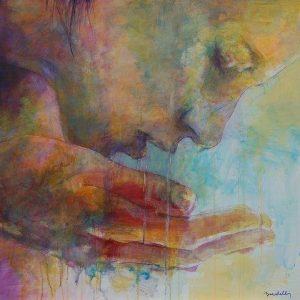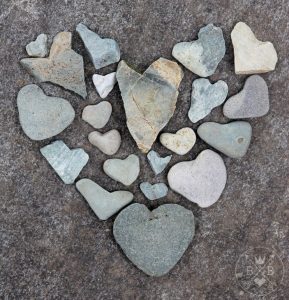 Our Moving into Meditation class continues to draw inspiration from Frank Ostaseski’s The Five Invitations, a wonderful book about “what death can teach us about living fully.” If you would like to learn more about Frank – his moving personal history – and his book, you can read Maria Popova’s Brain Pickings article, The Five Invitations: Zen Hospice Project Co-founder Frank Ostaseski on Love, Death and the Essential Habits of Mind for a Meaningful Life. We also drew from Mark Coleman’s book, Make Peace With Your Mind. Mark is a mindfulness teacher, wilderness guide and author. Both works focus, in part, on self judgment. They offer insights and practices on how to free ourselves from the inner critic that drains our lives of joy and spontaneity.
Our Moving into Meditation class continues to draw inspiration from Frank Ostaseski’s The Five Invitations, a wonderful book about “what death can teach us about living fully.” If you would like to learn more about Frank – his moving personal history – and his book, you can read Maria Popova’s Brain Pickings article, The Five Invitations: Zen Hospice Project Co-founder Frank Ostaseski on Love, Death and the Essential Habits of Mind for a Meaningful Life. We also drew from Mark Coleman’s book, Make Peace With Your Mind. Mark is a mindfulness teacher, wilderness guide and author. Both works focus, in part, on self judgment. They offer insights and practices on how to free ourselves from the inner critic that drains our lives of joy and spontaneity.
Monthly Archives: July 2018
Living Wholeness
 Our Moving into Meditation class continues to draw inspiration from The Five Invitations, Frank Ostaseski’s wonderful book about living a conscious, loving life knowing that one day we will die. Frank is the cofounder of the Zen Hospice Project and Metta Institute. Frank shares about his own close brush with death. He experienced intense dependence and vulnerability during his recovery. The loving kindness and support he received from others helped him to live in wholeness.
Our Moving into Meditation class continues to draw inspiration from The Five Invitations, Frank Ostaseski’s wonderful book about living a conscious, loving life knowing that one day we will die. Frank is the cofounder of the Zen Hospice Project and Metta Institute. Frank shares about his own close brush with death. He experienced intense dependence and vulnerability during his recovery. The loving kindness and support he received from others helped him to live in wholeness.
Living wholeness inspired our Guided Relaxation:
As we are gradually coming to touch the silence within . . . living from the silence within, we come to know our wholeness . . . a wholeness that it is limitless, eternal, trustworthy, joyous, compassionate, loving and real. Feeling breathing we touch the trustworthy . . . Senses sensing . . . the compassionate, loving and real . . . this experience of being . . .
Here we are together . . . exploring being, sharing being . . . It is up to us to live our life in wholeness … to turn to it, and grasp it, through conscious living. . . . Yet often this living wholeness seems to fall through our fingers like sand . . . or water we cup in our hands . . . the drops and grains lost in whispers of self doubt . . . judgments about how we are flawed . . . or not enough . . .
Imagine yourself as a big jigsaw puzzle . . . thousands of pieces making the whole . . . what pieces would you leave out. . . . How many pieces would you discard before you are looking at a fragmented image?
